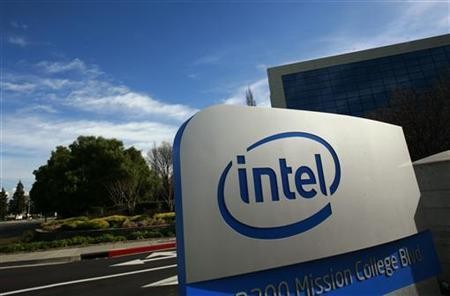The decision of the U.S. Department of Commerce to prevent Intel from shipping thousands of chips to enable Chinese experts to upgrade four of the country's supercomputers (including the Tianhe-2) could ultimately benefit China, said experts.
China has been developing its own chip making industry for some time now, but experts say that the latest tension between Washington and Beijing is likely to force authorities to accelerate the growth of China's chip making industry to meet local demands.
According to a notice from the U.S. Department of Commerce, Intel is being prevented from shipping its Xeon chips to China because the country is allegedly using its supercomputers for activities linked to nuclear weaponry. The notice further indicated that four technical centers where the supercomputers are located were deemed to be pursuing interests that are contrary to those of the U.S.
Tianhe-2 (or Milky Way 2) has been rated to be the world's fastest computer. Reports indicate that using 80,000 Intel Xenon chips, the Tianhe-2 has a processing power of up to 33.86 petaflops. Experts say one petaflop can perform up to one quadrillion calculations per second.
The impending upgrade on the Tianhe-2 supercomputer was reportedly meant to increase the processing power of the system to about 110 petaflops.
The decision of U.S. authorities to ban the export of Intel's Xeon chips is the latest phase in the struggle for supremacy between the world's superpowers, according to some pundits.
The BBC reports that Intel has signed a deal worth up to $200 with the U.S. government to construct a 180-petaflop supercomputer at the Arggonne National Laboratory in Illinois.
According to Chinatopix news, Intel spokesman Chuck Malloy, who confirmed that the U.S. government has refused their application to supply Xeon chips to China since last fall, said that the Tianhe-2 seems to be operating within the confines of the law.



























